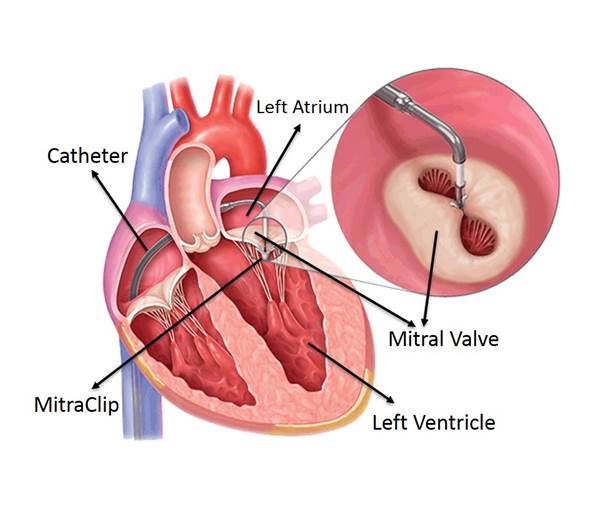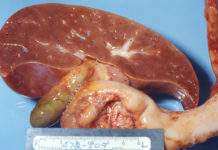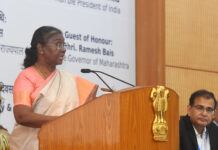
Doctors led by Dr Ashok Seth avoid open heart surgery by using the catheter based procedure Mitraclip
For the first time in India, a team of doctors led by Dr Ashok Seth, have successfully performed the catheter based procedure of MitraClip to repair a leaking heart valve without surgery at the Fortis Escorts Heart Institute. They were supported by Professor Saibal Kar from Smidt Heart Institute, Cedars Sinai Medical Centre, Los Angeles.
The patient was a 69-year old man who was suffering from repeated heart failure. His condition was such that open heart surgery was not possible. The patient had a previous bypass surgery 13-years ago. Of late his heart had been getting enlarged due to a severely leaking valve leading to breathlessness and heart failure. Till now, open heart surgery with repair or replacement of the valve had been the only possible treatment for such patients in India but it is often high risk.
A leaking mitral valve affects nearly 10% of the population who have coronary artery disease, heart attacks or bypass surgery and continues to increase with age. The continuously leaking valves put pressure on the heart causing breathlessness
Dr Ashok Seth, Chairman, Fortis Escorts Heart Institute said, “The MitraClip is a novel catheter based non-surgical repair of the mitral valve inside the heart and is performed in the Cath Lab like angioplasty. Special catheters are inserted through the large vein in the groin and the catheter is passed from the right chamber of the heart to the left chamber of the heart by puncturing the partition called interatrial septum. Then under echocardiography and X-ray guidance a clip is put on the leaking mitral valve to decrease the leak which improves the condition of patient. The patient is normally ready to be discharged in 24-48 hours’ time.”
Mitral valve is the valve connecting two chambers of the left side of the heart that receives impure blood from all over the body and then sends it ahead to the lungs for purification.
Professor Saibal Kar of Smidt Heart Institute, Cedars Sinai Heart Centre, Los Angeles said, “Recently the COAPT trial, published in the New England Journal of Medicine, demonstrated the benefits of MitraClip procedure not only in improving the wellbeing and symptoms of the patient but also improving the survival of patient over 2-years. With the introduction of MitraClip to India, we hope to benefit a number of patients who are gradually deteriorating from leaking valves, despite medications and are unsuitable for valve replacement surgery.”
MitraClip mitral valve repair without open heart surgery is one of the innovative scientific advancements of recent times. A few years ago, it was hard to imagine that a valve which lies within the heart could be repaired by catheters, through an angioplasty like procedure without opening the heart and putting the patient on cardiopulmonary bypass. A leaking mitral valve affects nearly 10% of the population who have coronary artery disease, heart attacks or bypass surgery and continues to increase with age. The continuously leaking valves put pressure on the heart causing breathlessness.
If left untreated, it leads to enlargement of the heart, heart failure and death. These patients are either at a high risk for valve surgery or do not benefit from it.














Congratulations to Dr Ashok sheet
Comments are closed.